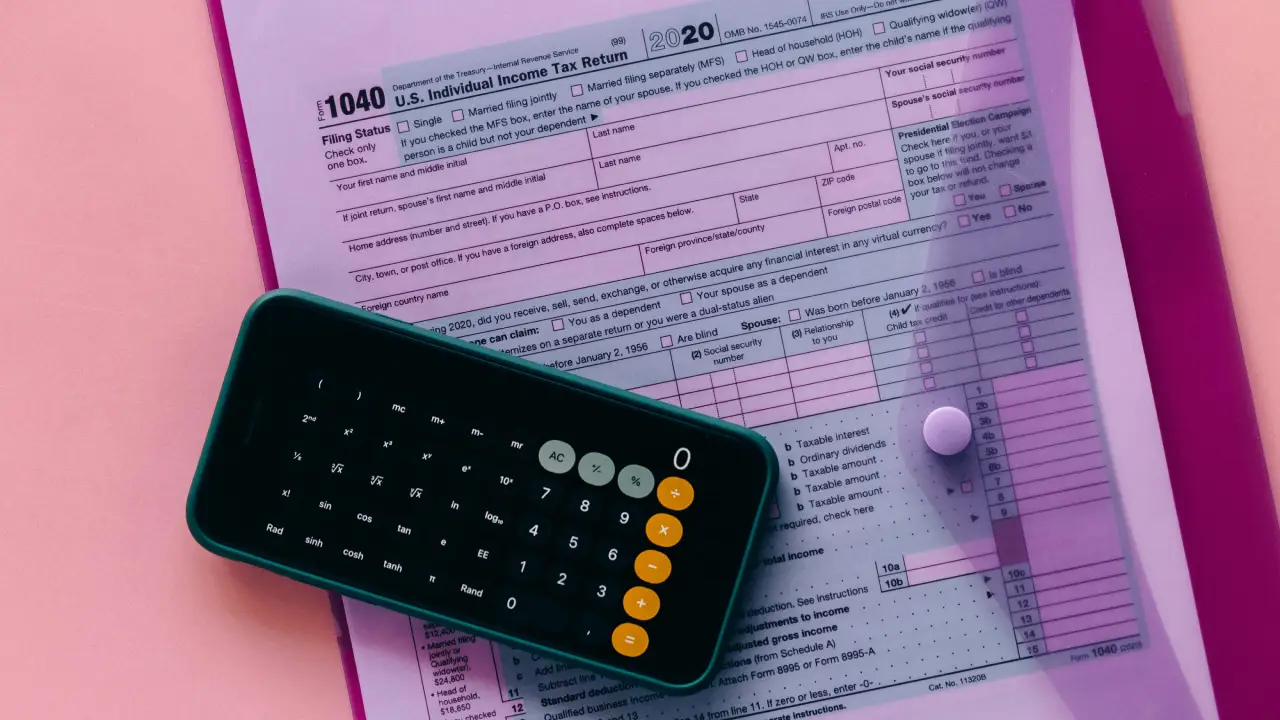Reconcile Bank Accounts and Credit Cards
Start by reconciling all business bank accounts and credit cards with your accounting records. This process ensures that your books accurately reflect cash inflows and outflows.
Checklist items:
- Compare statements with recorded transactions.
- Investigate discrepancies or missing entries.
- Record outstanding checks or deposits in transit.
Reconciling early helps identify errors before finalizing your year-end financial statements.




